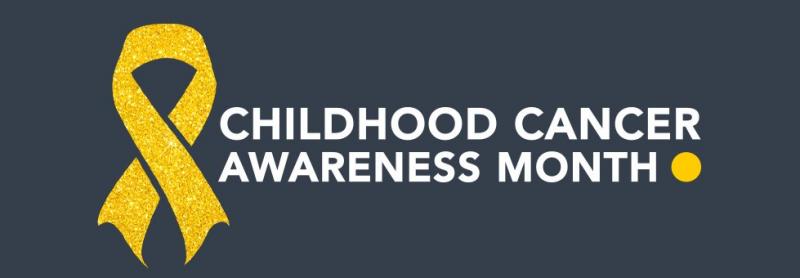Highlighting a rare childhood cancer
Blog
In recognition of September being Childhood Cancer Awareness Month, IDA Foundation is sharing information about a rare childhood cancer that merits additional research and attention. We are grateful to the team at mesothelioma.net for helping us to learn about this cancer and how it impacts children.
Cancer is often associated with older adults, but it also occurs in young children. To increase knowledge of childhood cancers, September has been designated as Childhood Cancer Awareness Month. Thousands of children are faced with a cancer diagnosis every year. The most common cancers in children include leukemia, lymphoma, and bone cancers. However, in rare cases, children may also develop cancers that are usually found in adults.
Mesothelioma: A Rare Childhood Cancer
Mesothelioma is a cancer that has an extremely low incidence among children. This cancer generally comes from prolonged asbestos exposure, and it typically takes years for the ailment to impact the lungs. Mesothelioma can be caused by breathing in asbestos fibers in the workplace. Because children aren't in such environments, their chances of developing mesothelioma are pretty low. However, the small number of afflicted children does not mean that the cancer should be less of a priority.
Exposure Risks
Recognizing cancer exposure risks is one goal of Childhood Cancer Awareness Month. In the case of mesothelioma, children become exposed to asbestos and possible mesothelioma development when the fibers move from the workplace into the home. Babies and young children are especially at risk, as they're closer to the floor, where the fibers can accumulate.
Children may also have exposure through genetic markers. A low percentage of children develop lung cancer because of a mutated gene. The BAP1 gene is still being evaluated for its role in childhood cancer.
Treatment
Common treatments associated with lung cancer include surgical options, chemotherapy, and radiation. Doctors will initially evaluate the development of the disease and create a treatment plan that addresses the patient’s needs. Chemotherapy medications can be used with children. These drugs target the cells that have mutated into cancer cells. Unfortunately, the remission rate for mesothelioma is not encouraging, and more research is needed to develop an effective treatment.
IDA Foundation and Access to Cancer Medicines
Cancer is not just a problem in developed countries. The incidence of cancer is increasing worldwide. More than 60% of new cases each year occur in Africa, Asia, and Central and South America. Due to the complexity of diagnosis and treatment, and the high cost of chemotherapy drugs, many people in the developing world never receive cancer care.
To combat this lack of access, IDA offers a range of affordable, quality assured, generic drugs to treat some of the most common forms of cancer. We recognize the need for pain management and pain relief drugs, so we also provide medicines for palliative care for individuals with advanced cancer. IDA is committed to help bring treatment within reach for more patients in resource-poor settings.
IDA Foundation is proud to support Childhood Cancer Awareness Month and encourages everyone to learn more about cancer, its impact worldwide, and its prevention and treatment. Every small step forward is a chance for improvements in thousands of people's lives.
For more information about lung cancer, we suggest the following resources:
Cancer Treatment Centers of America
Information about Childhood Cancer Awareness Month worldwide can be found at:
Childhood Cancer International
The Kids Cancer Project (Australia)
CHOC Childhood Cancer Foundation (South Africa)

